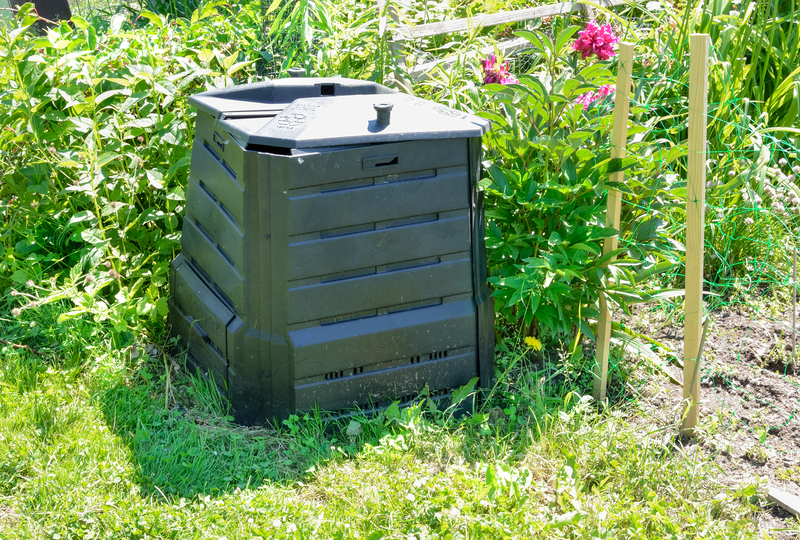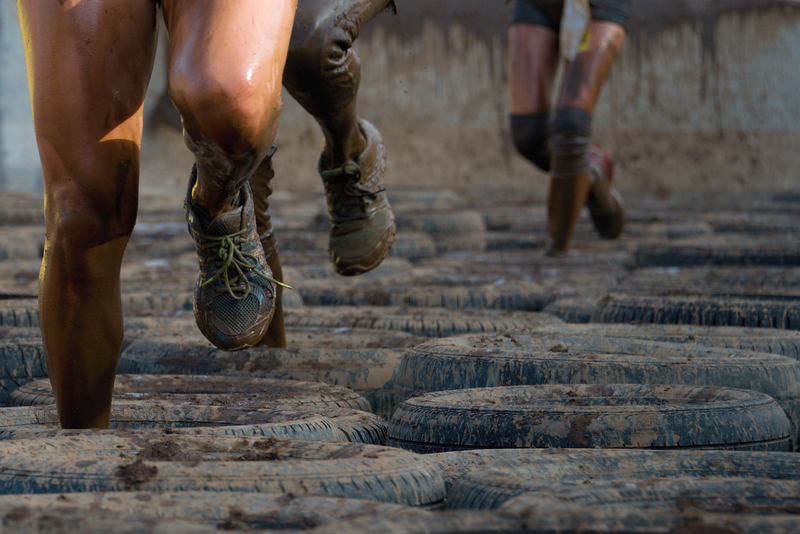Hassle-Free Disposal of Planters
Posted on 08/07/2024
Planters are a staple in any garden, providing a space to grow and showcase beautiful plants. However, as seasons change and plant life progresses, there may come a time when you need to dispose of your old planters. Whether it's due to wear and tear, lack of space, or simply wanting to refresh your garden's aesthetic, proper disposal of planters is essential for maintaining a healthy and thriving outdoor space. In this article, we'll discuss everything you need to know about hassle-free disposal of planters.
The Importance of Proper Disposal
Before diving into the how-tos of disposing of planters, it's important to understand why it's necessary in the first place. Planters can harbor pests, diseases, and even toxic chemicals that can harm new plants if not properly disposed of. Leaving old planters in your garden can also take up valuable space and create an unattractive cluttered look. By properly disposing of your planters, you not only make room for new growth but also prevent potential harm to your garden.
1) Clean and Sanitize Your Planters
Before disposing of your planters, it's crucial to clean and sanitize them thoroughly. This will not only ensure the safety of your new plants but also make sure that the materials are properly recycled. Start by removing any remaining soil from the planter and using a solution of equal parts water and white vinegar to scrub away any residue. If the planter is made of porous material such as terra cotta, use bleach diluted with water instead. Rinse the planter thoroughly and let it dry before moving on to the next step.
2) Donate or Reuse
One way to avoid having to dispose of planters is to donate them or find creative ways to reuse them in your garden. Many local community gardens or schools would be happy to receive donated planters for their own gardening projects. You can also repurpose your planters for different uses, such as turning them into a water feature or a decorative piece for your patio.
3) Recycling Options
If your planters are beyond repair or you simply don't have the space to store them, it's important to recycle them properly. Most curbside recycling programs accept materials such as metal, plastic, and glass - common materials used in planters. However, be sure to check with your local recycling center to confirm their policies on accepting these items. If your curbside recycling program does not accept planters, look for recycling centers or facilities in your area that specifically handle garden waste.
4) Disposal Methods
If neither donating nor recycling is an option for you, disposal is the last resort. Depending on the type of planter and its size, there are several ways to dispose of it safely. Smaller planters made of plastic or metal can be placed in appropriate bins or collected by your local waste management company. Larger or more complex planters may require hiring a junk removal service.


Pros and Cons
Pros:
- Proper disposal ensures the safety of your new plants and prevents potential harm to your garden.
- Donating or reusing planters reduces waste and contributes to a more sustainable environment.
- Recycling planters reduces the need for raw materials and saves energy.
- Disposing of large or complex planters removes the burden of finding storage space.
Cons:
- Disposal options may be limited depending on your location.
- Hiring junk removal services can be costly.
- Not properly disposing of planters can lead to contamination and harm plants.
Tips:
- Always clean and sanitize your planters before disposing of them.
- Consider donating or repurposing before resorting to disposal.
- Check with local recycling centers for accepted materials.
- Use protective gear (gloves and masks) when handling potentially hazardous materials.
Takeaways:
- Proper and responsible disposal of planters is crucial for maintaining a healthy garden.
- Donating or reusing is a great alternative to disposal.
- Recycling planters helps reduce waste and protect the environment.
Conclusion:
Disposing of planters may seem like a tedious task, but it's an essential part of maintaining a healthy garden. Whether you choose to donate, recycle, or dispose of your old planters, following these tips and being mindful of the impact on the environment can make the process hassle-free. By making room for new growth and properly handling old materials, you're not only creating a healthier environment for your plants but also contributing to a greener planet.
Latest Posts
Cutting Down Waste in the Workplace


 office@benandjerry.org.uk
office@benandjerry.org.uk https://benandjerry.org.uk/
https://benandjerry.org.uk/

